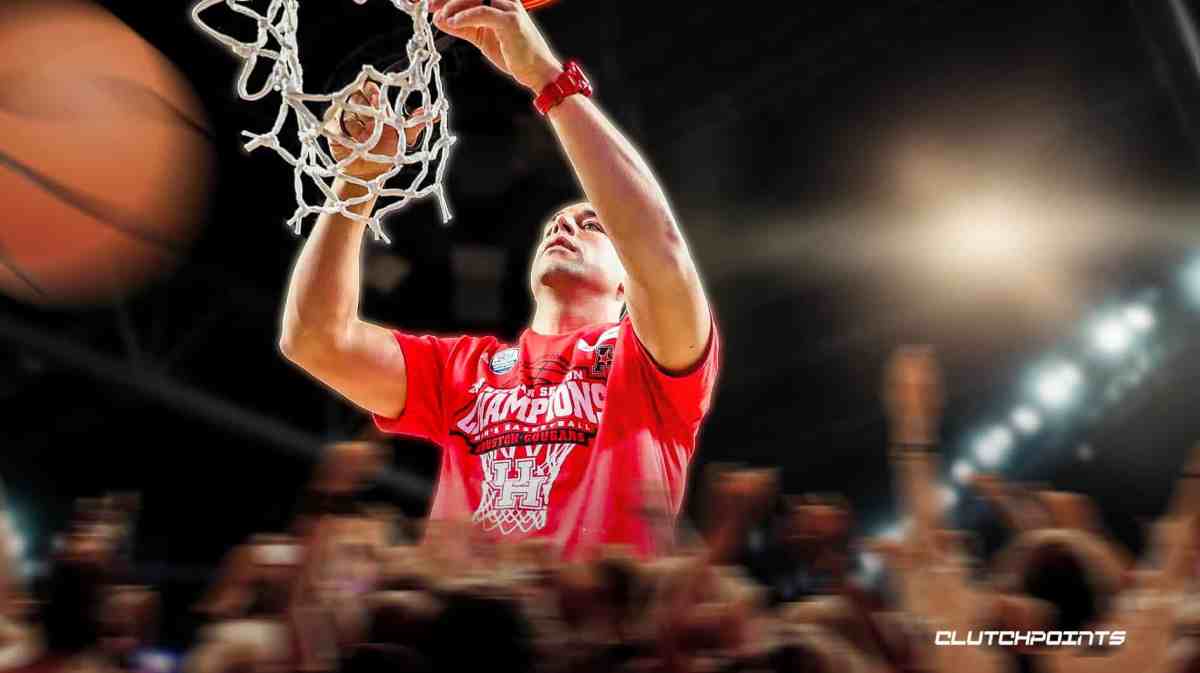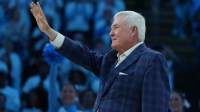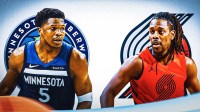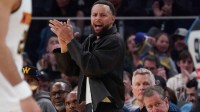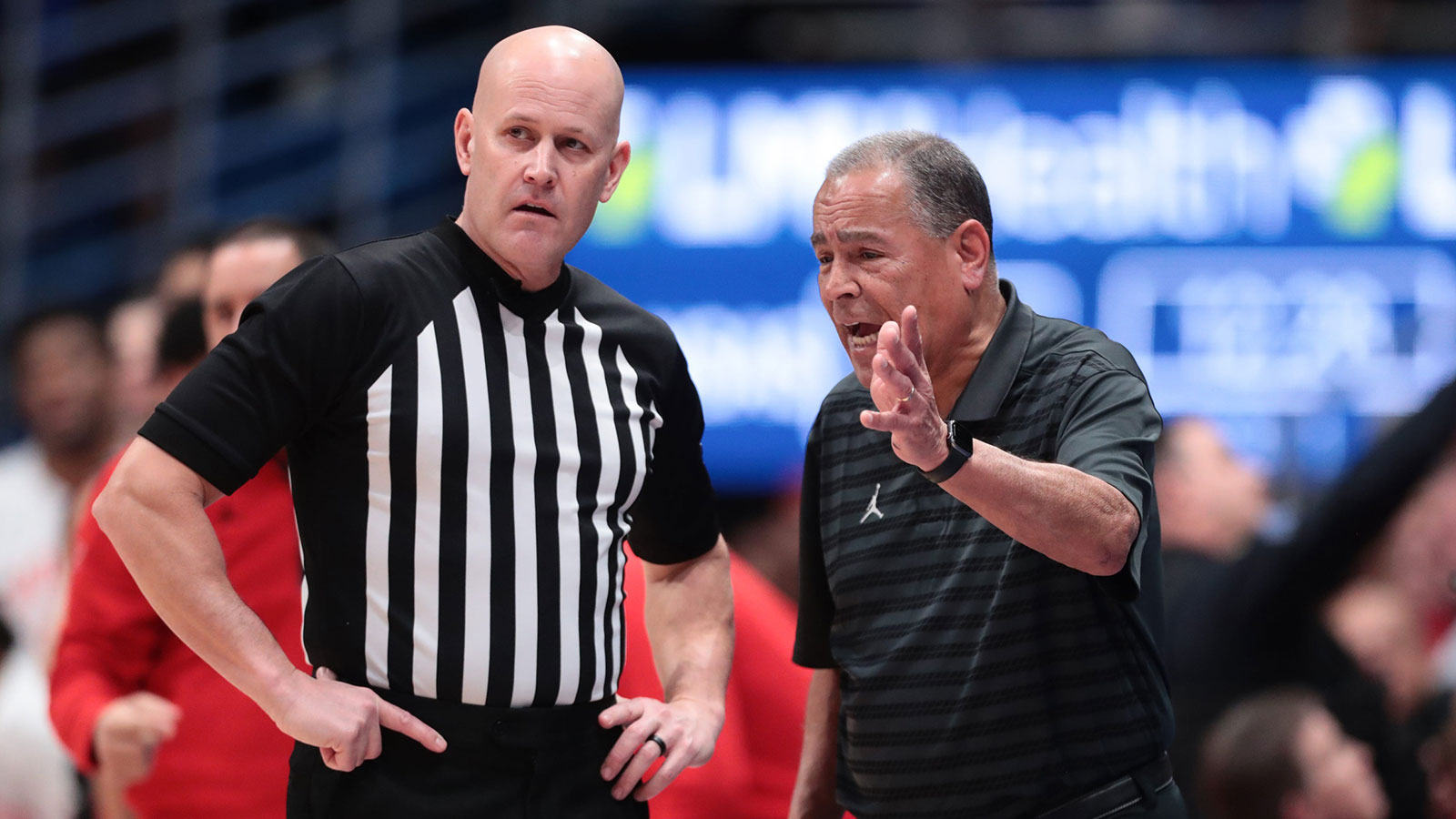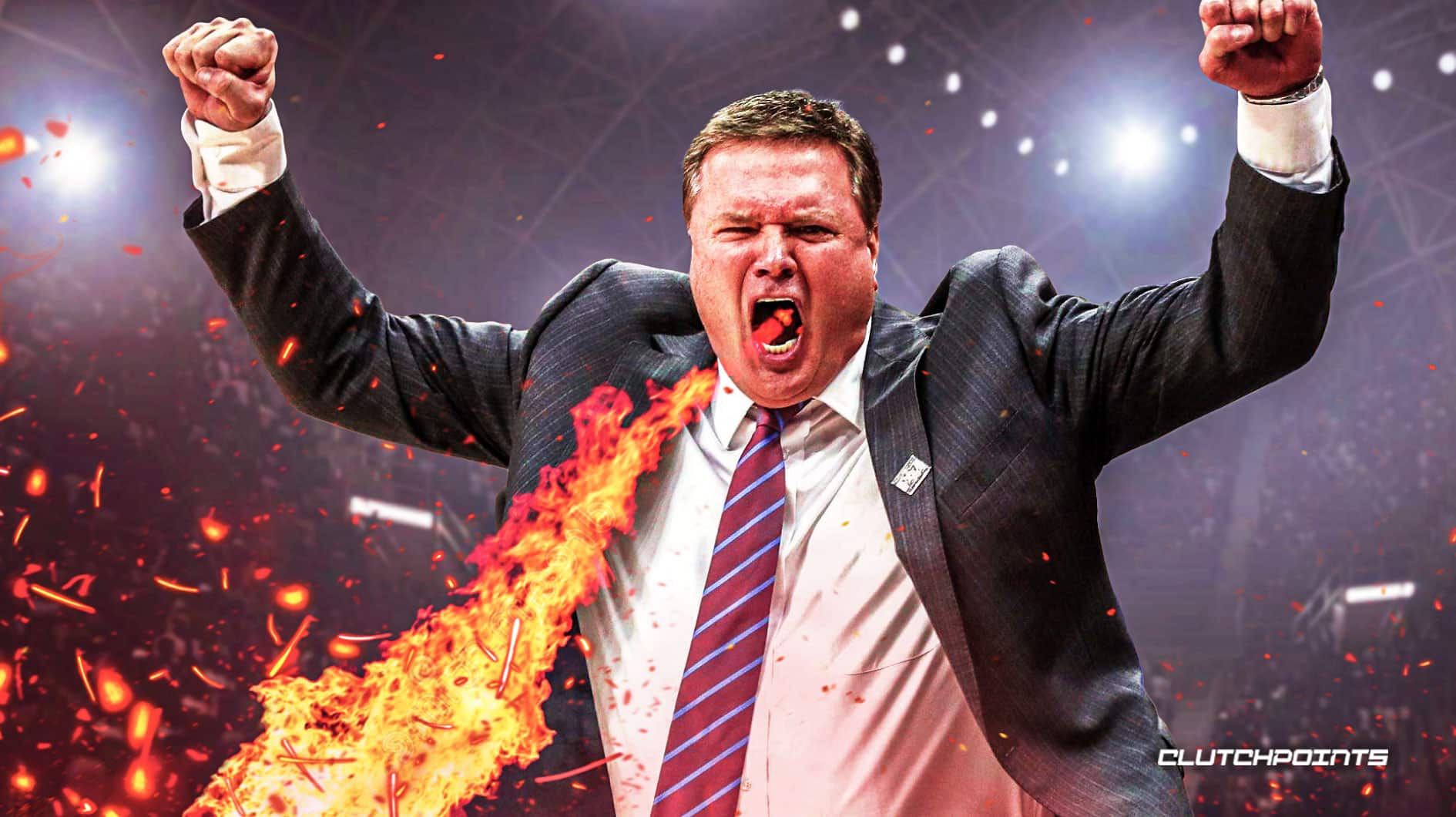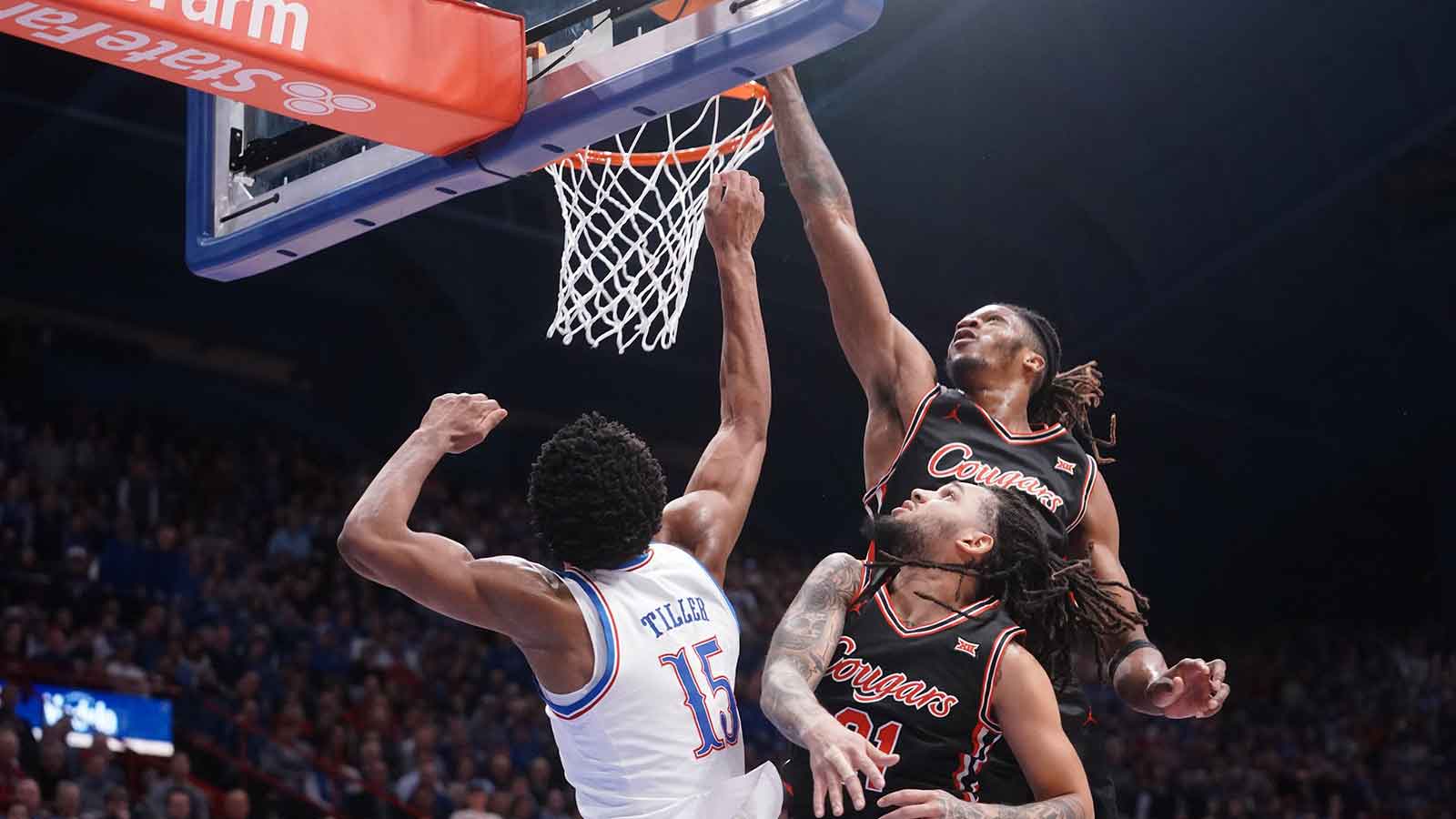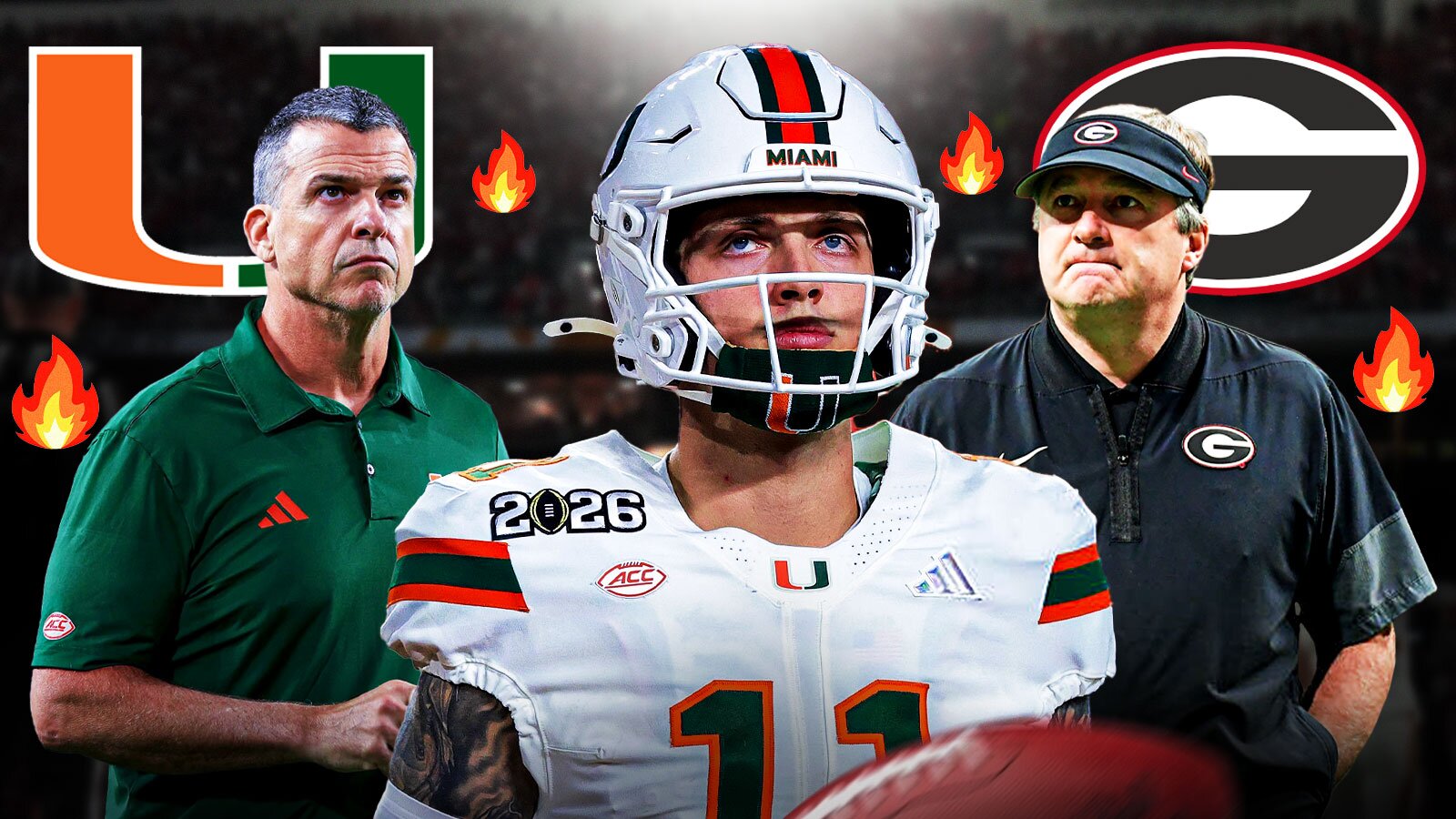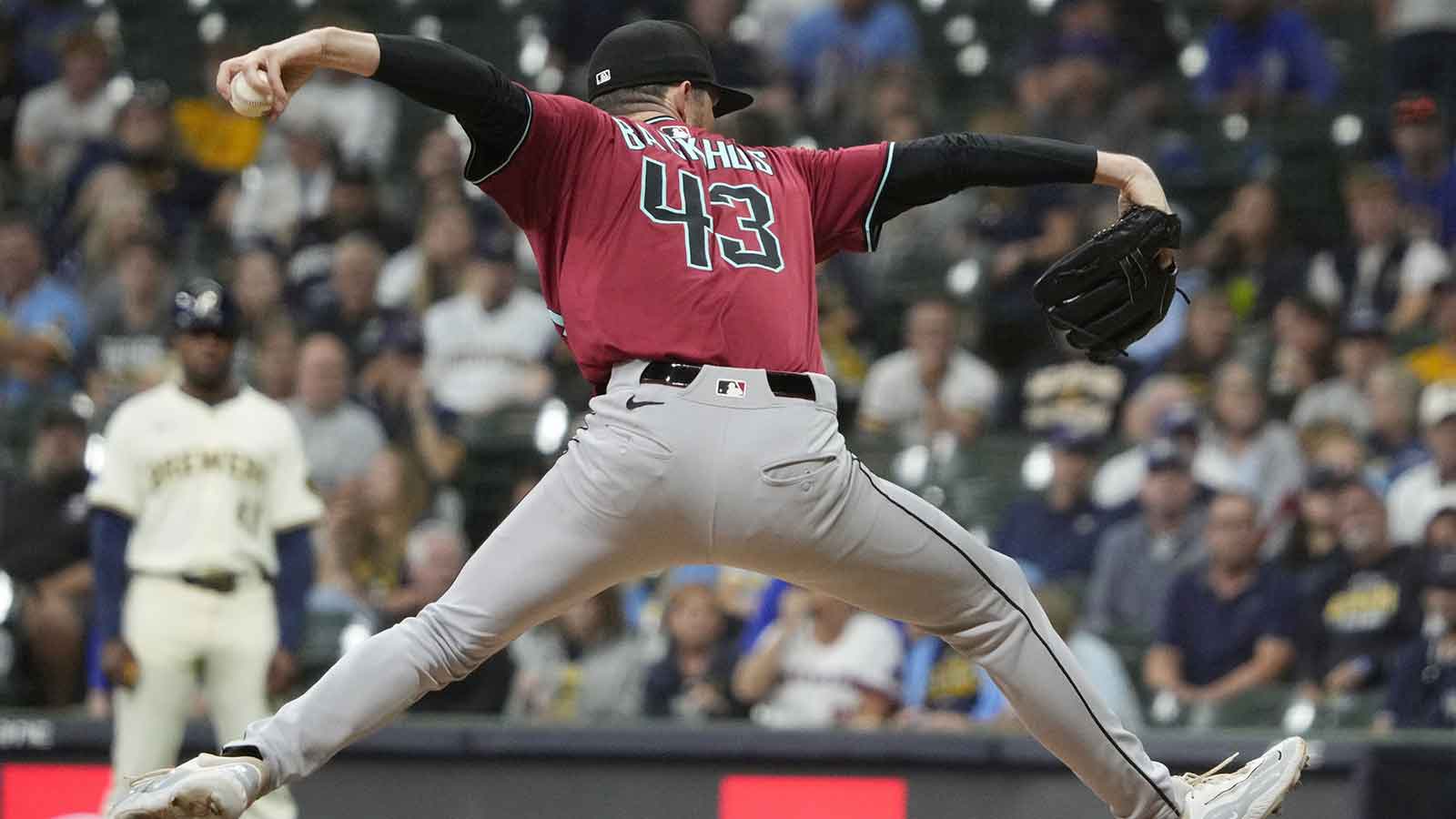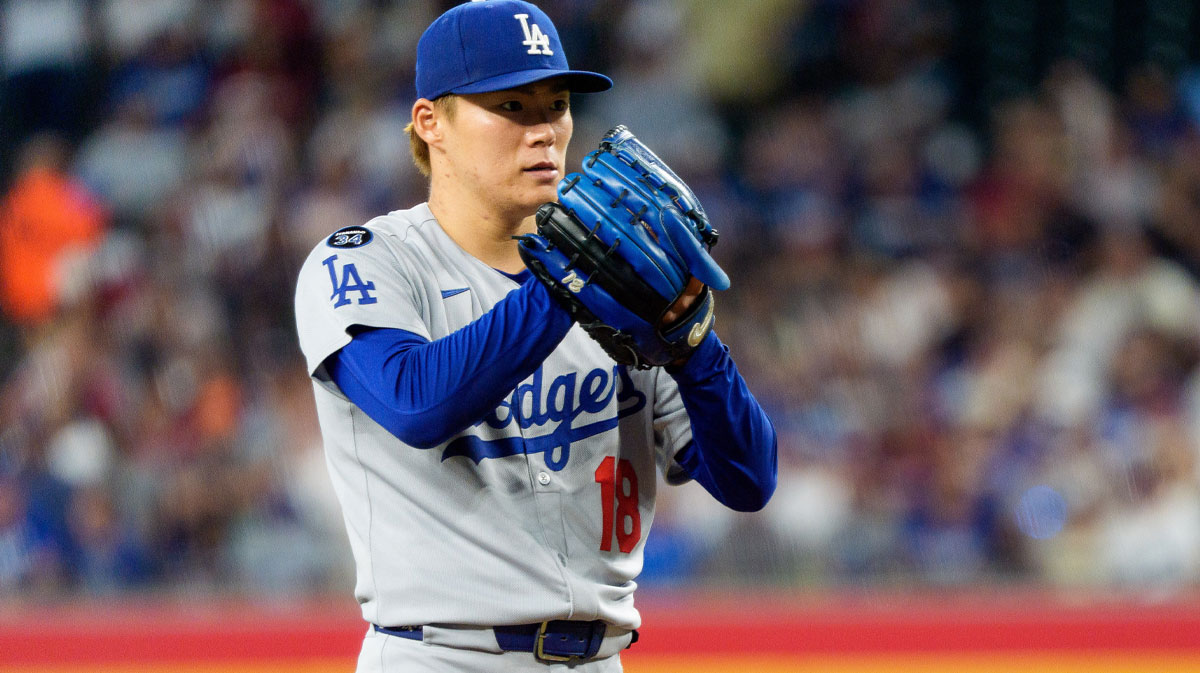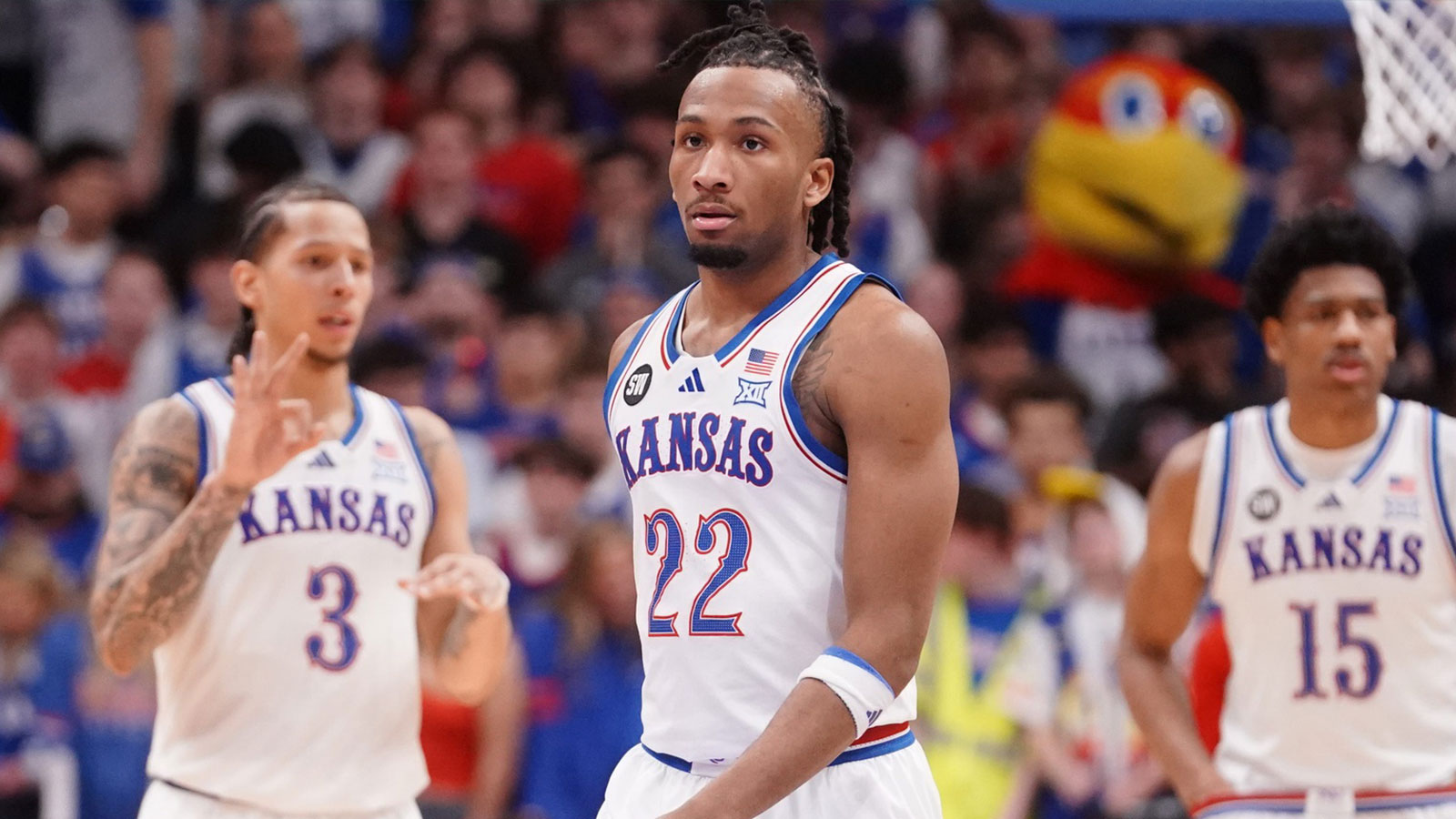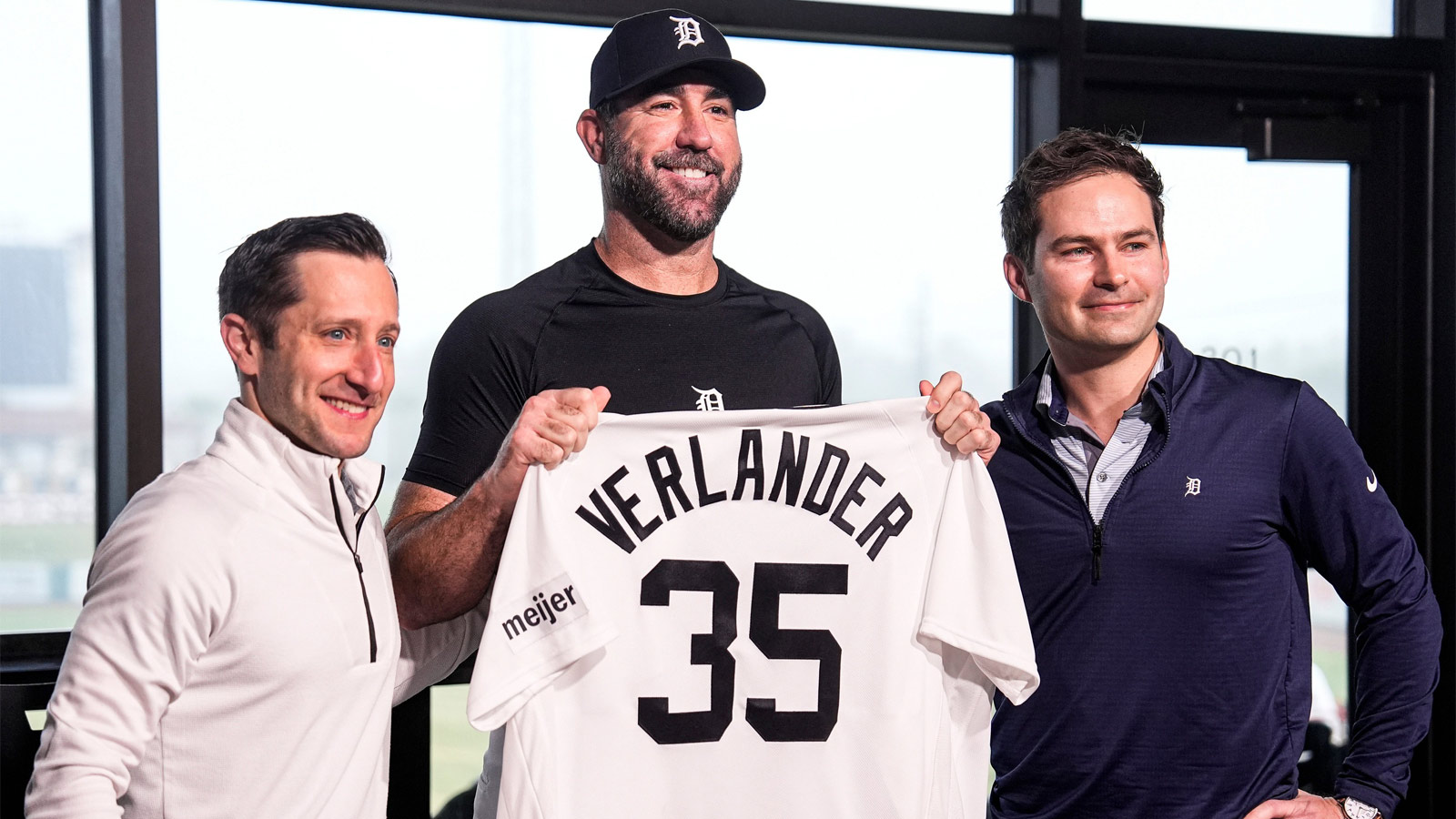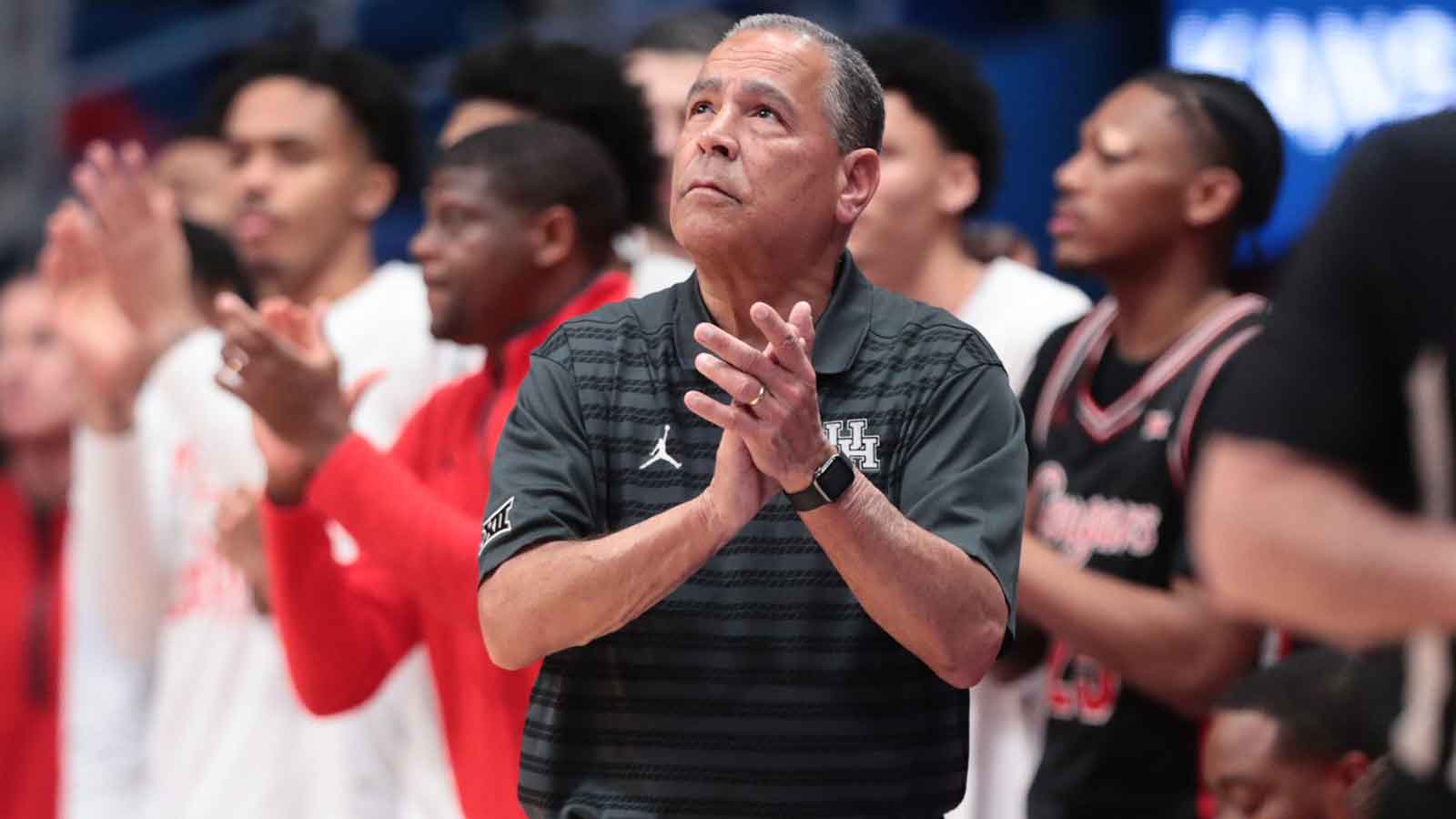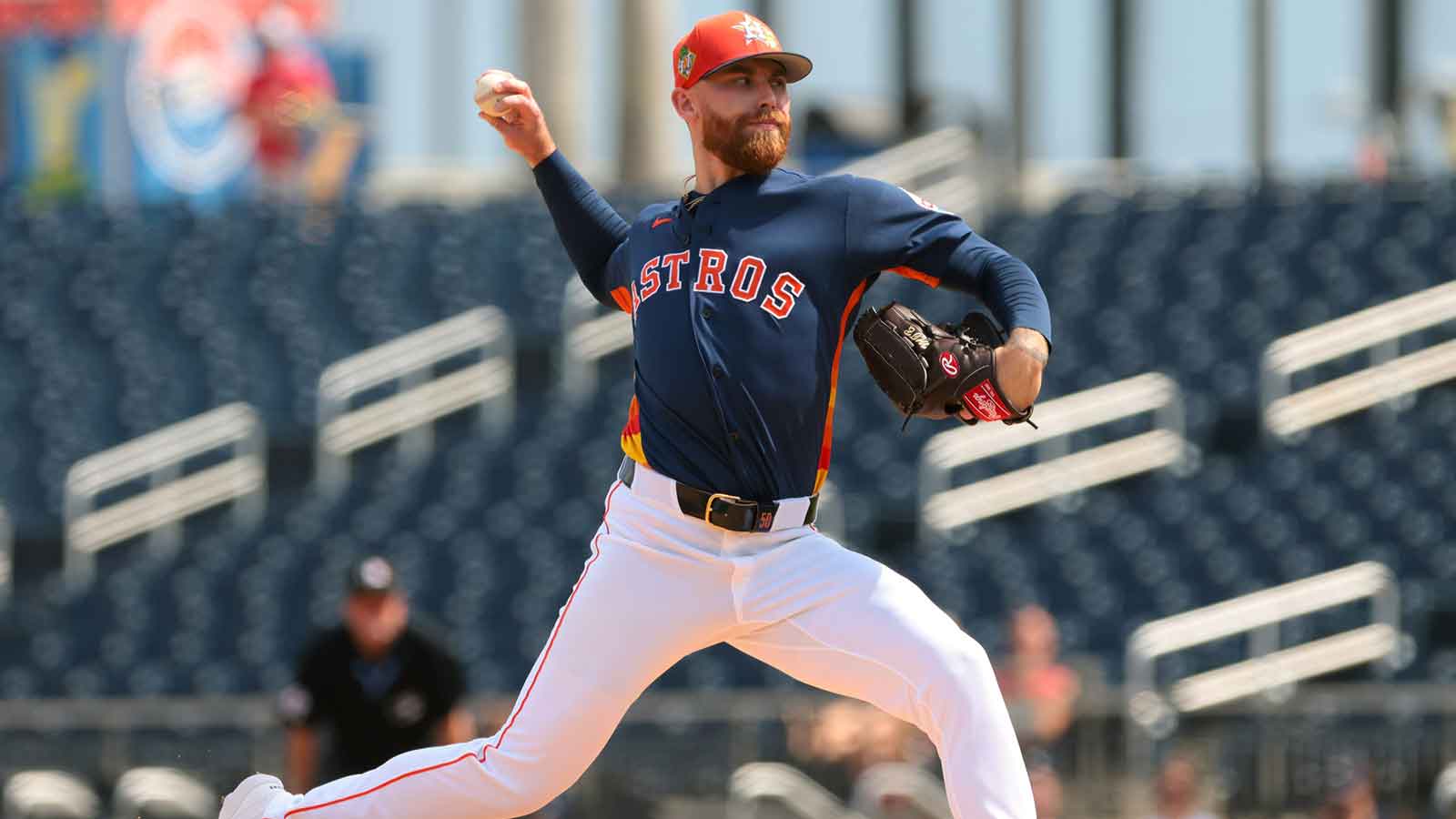In November, Houston basketball was the best team in the country. In December, Houston basketball was the best team in the country. In January, Houston basketball was the best team in the country. In February, Houston basketball was the best team in the country. In March, why should we expect anything different?
Siloed away in the American Athletic Conference, Houston has sneakily pieced together a historically dominant campaign; their +28.82 adjusted efficiency rating on KenPom is one of the highest marks ever from a school outside the power conference hegemony. Amongst the mainstream advanced metrics, Houston is the consensus top team; the only debate is by how much.
Coming off a Final Four run in 2021 and an Elite Eight appearance last year, Houston has subtly oriented itself at the center of the college basketball universe, having won 87.5 percent of their games over the last three years. In fact, the Final Four is even in Houston, set to take place at NRG Stadium. Over the years, Houston has gradually refined their sensibility, combining gutsy shot-making guards with a frothing, rabid defense. If physical, hyperactive no-middle defense has become the dominant trend in college basketball, Houston is both its natural start and endpoint; they mainstreamed it and then they perfected it.
At their best, Houston is brainless—their rotations are so perfect and exact that it seems like they're governed more by servers than synapses. Their defense is punishing. Opponents shoot 27.8 percent from three (second lowest in the country) and 43.1 percent from two (the fourth worst). On nearly 40 percent of their possessions, Houston's opponent doesn't even get a shot on the rim as Houston boasts a forced turnover rate of 22 percent and a block rate of 16.6 percent. They've held opponents to under 50 points on eleven different occasions and only surrendered more than 70 points thrice. This isn't no-middle; it's no everything.
While Houston has been an elite defense for Kelvin Sampson's entire nine year tenure, this could very well be their best offensive team. Their 115.8 offensive rating barely edges out their 115.1 mark in 2021 when they made the Final Four, but the difference between this year's iteration and 2021's is more qualitative than quantitative. Whereas older Houston teams needed to supplement their scattershot shooting with hellacious offensive rebounding, these Cougars have legitimate skill throughout their whole lineup. AAC Player of the Year Marcus Sasser returned from a torn ACL and immediately resumed being an elite guard, averaging 17.1 points per game on 59.8 percent True Shooting; Jamal Shead steadies out some of Sasser's nervier impulses and chips in 5.4 assists per game.
Most radically, Jarace Walker, a future top five pick in this year's NBA Draft, gives Houston a whole new offensive element as a skilled power forward who shoots 34.4 percent from three. In this sense, Walker is the perfect avatar for Houston Cougars basketball writ large. He's a bruiser with surprising skill, a defensive monster with latent offensive potential. Most of the hype around Walker comes from his defense and deservedly so. He's an off-ball destroyer, howling from the weakside to swallow a drive before it can begin in earnest. Similarly, he's an on-ball stopper, using his girth to bang with big wings but also able to capably slide his feet with guards when necessary.
But with Houston, his offensive versatility is what makes him special. Over the years, the Cougars have had plenty of big 6'9 guys who can play excellent defense, but they've never had a big 6'9 guy who drive into the teeth of a defense and drain a high-arching floater. Or get into his bag and take a guy off the dribble. Or throw down a windmill reverse dunk in the middle of the game. It's this level of talent—this potential to create greatness both in and out of structure—that makes Houston so special.
For years, Houston basketball has been great. Now, they're six games away from being legendary.

